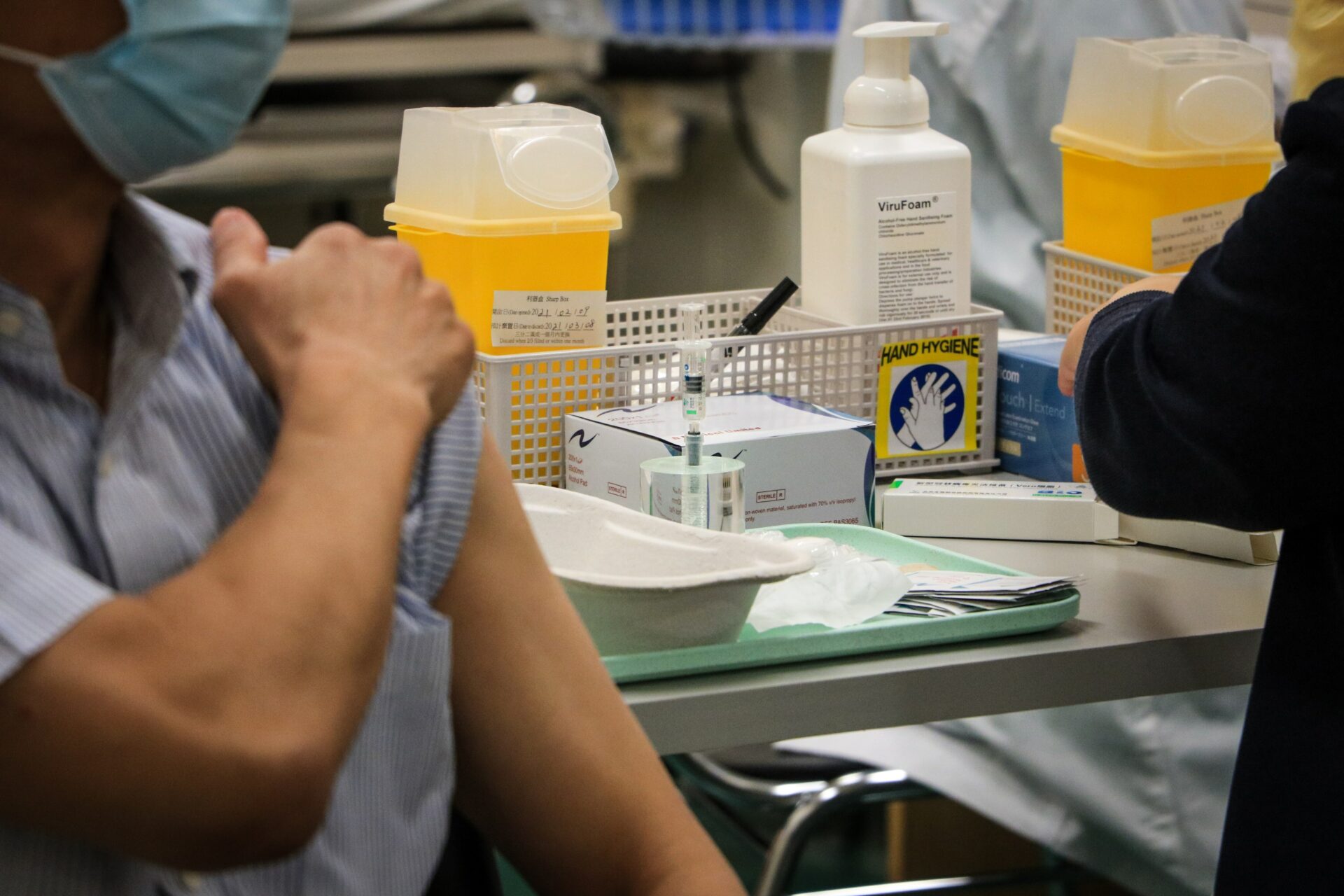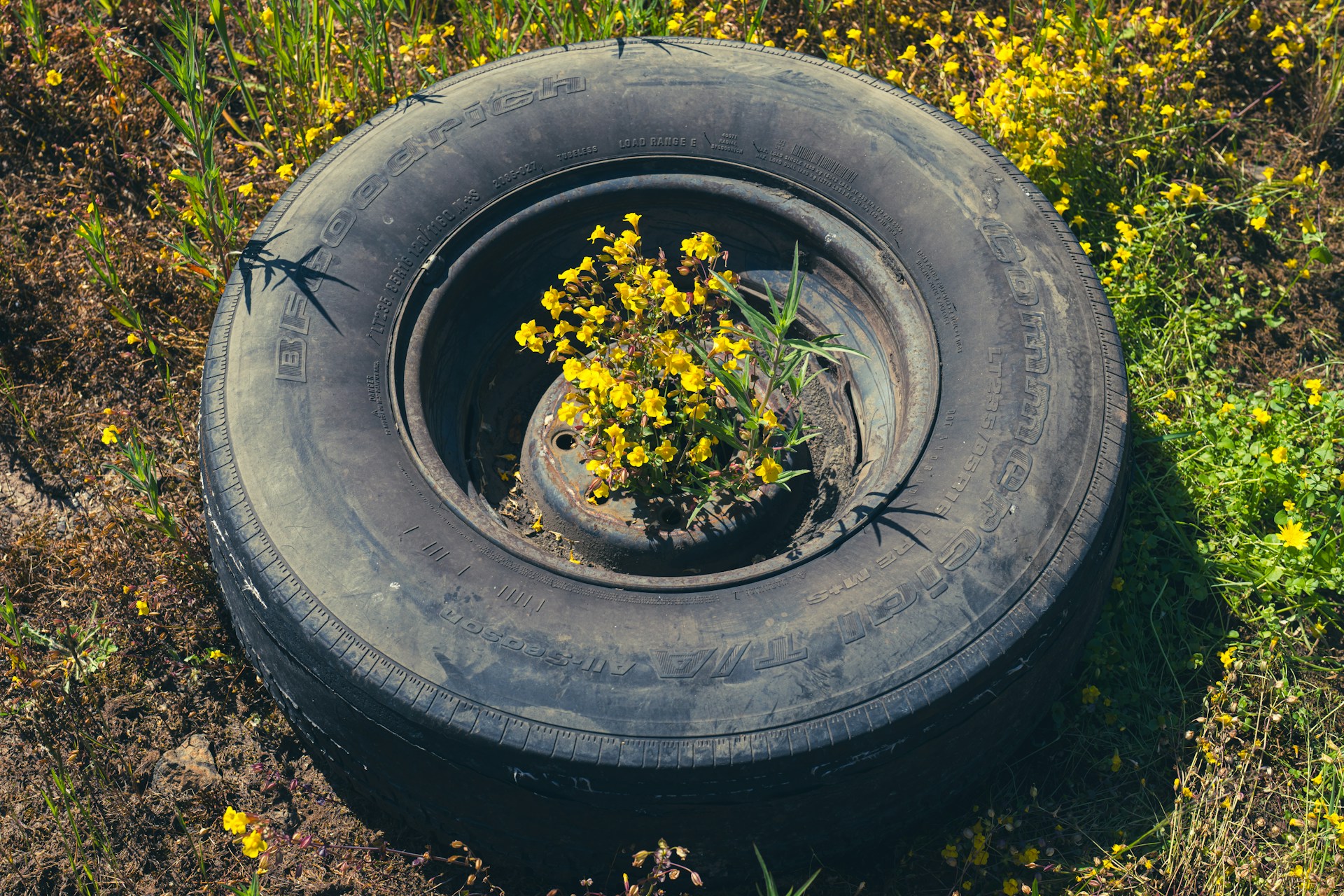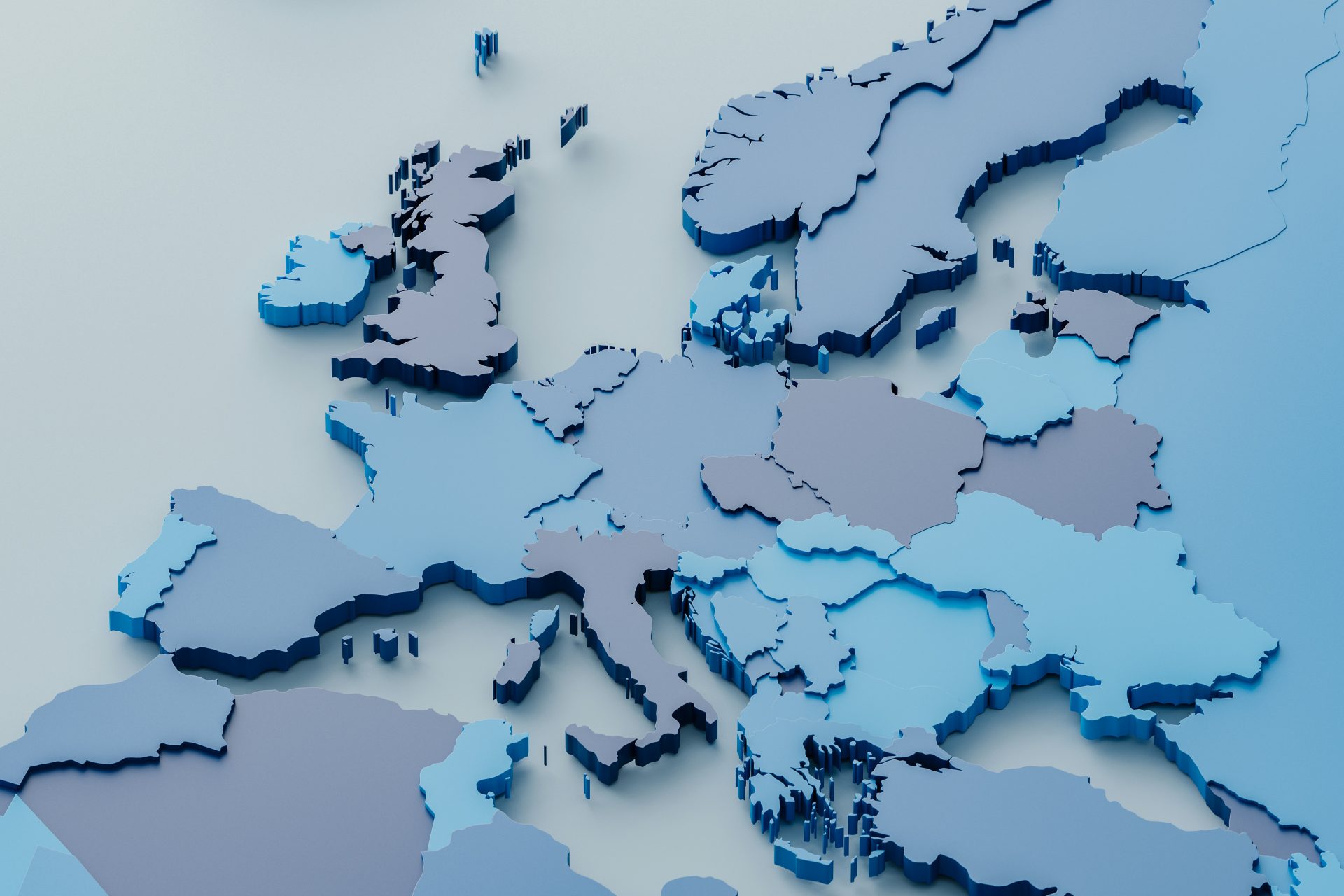The Global Impact of a Shared R&D Strategy
Advances in science and technology have driven mankind to achieve that which would have been considered futuristic fiction only a century ago. In this short while, we’ve witnessed the invention of motorized vehicles, see man’s first visuals from the moon, the onset of airline travel, and myriad technologies such as AI, IoT, automation and cloud computing that continue to change lives on a daily basis.
Meanwhile, advances in healthcare have ensured longer life expectancies and the reduced prevalence of deadly diseases. Scientists and virologists have found antidotes to common ailments that earlier often resulted in fatalities. What they have achieved is commendable. Effective vaccines against smallpox, measles and polio have ensured we do not lose more lives to such diseases. But several other afflictions continue to wreak havoc. According to WHO’s World Malaria Report, an estimated 229 million people were affected by malaria globally in 2019, with 409,000 deaths.
Successes in healthcare demonstrate the benefits of having faith in science and technology and—more importantly—of investing adequately in it. This is all the more imperative with a pandemic of epic proportions continuing to ravage lives and livelihoods.
The pandemic has also laid bare the shortcomings of trying to do things in silos, or without collaboration and cooperation. Collaboration is going to be the cornerstone of the economic recovery we have pinned our hopes on, and for this reason, it is one of the topics that will be discussed at a one-day virtual event on 18 March 2021, the Horasis Extraordinary Meeting on the United States of America. The event will run parallel sessions hosting key players from the fields of business, government, academia and media to deliberate and collectively find possible solutions to some of the pressing issues faced by the world today.
A Global Vaccine
The pandemic has not just taken lives, but has disrupted livelihoods and uprooted businesses and economies. We live in highly uncertain times, but there is reprieve in sight. Several countries have begun administering vaccines to their citizens and there are also many more in different stages of development worldwide.
The efforts put in by corporations, universities, scientists and healthcare experts to develop these vaccines in such a short timeframe is nothing short of remarkable. But the speed at which things have unfolded cannot mask the years of investment in R&D that have been put in to support innovation.
We have seen through this pandemic that advances in healthcare can transform life as we know it, but this requires collaboration from various stakeholders. It is heartening to see the global scientific community increasingly collaborating to find solutions for issues that continue to plague us. This is definitely a positive trend in an otherwise growing philosophy of isolationism.
Viruses aren’t bound by geographic limitations; nor is global warming for that matter. These are global challenges that require experts, communities, companies and countries to work together. The common good is of paramount importance.
Science can Boost Nations
Science can transform the world for the better. It is due to science that we understand the changing of seasons or the characteristics that make each species unique from one another. Science is the common denominator that has resulted in beneficial outcomes and continues to extend better quality of life to people globally.
It is by leveraging on the capabilities of science that the so called developed countries have registered strong economic growth. Economies have flourished on the back of scientific breakthroughs and innovation.
In hindsight, a pandemic alone should not be the reason for an increased focus on a shared R&D strategy. A country that provides strong support to its scientific community is always better positioned to face global threats and maneuver its way out of difficult situations more quickly than others. To see emerging economies promptly roll out vaccines was also heartening. India is known as a vaccine powerhouse, and it has been exporting vaccines to several of its neighbours and has rolled out a vaccination program that has quickly gathered steam.
Striving for the Greater Good
The swift roll out of vaccines around the world is encouraging – it could mean more people go out to work and conduct business more freely. Whether it will result in some loosening of regulations around international travel remains to be seen. But in all likelihood, the vaccine rollout will result in some degree of a return to normalcy in day-to-day lives.
If we’re lucky, it could mean various engines of economic growth restarting once again.
Now, more than ever, it should be clear to our governments that there is no substitute for a shared strategy towards research and development. The problems that we will confront are going to be too large for any country to tackle on its own. They will almost invariably require various forms of cooperation, bet it between countries, between the private and public sectors, or between corporations themselves. This is clear.
Photo Caption: Many countries around the world have started rolling out vaccines. Here, a man readies himself for a vaccine in Macau.



